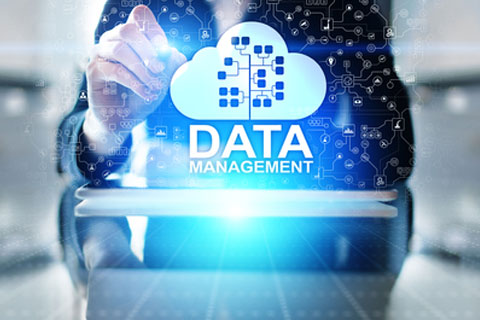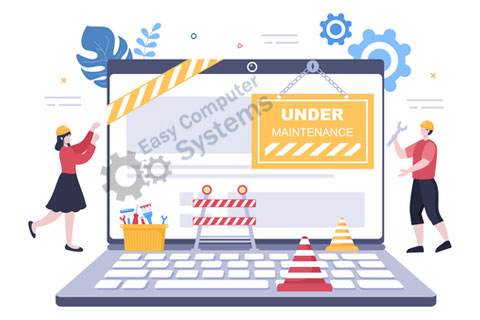Affiliate Disclosure
This article or page may contain affiliate links which can provide compensation to Easy Computer Systems at no additional cost if you decide to click on or purchase a product or service. Any information on this site is for entertainment or informational purposes only. Read more on our affiliate disclosure here
How Data Management Works

Data is a powerful tool. It can help you track your business progress, it can help you reach new customers and it can even help predict future trends. The problem is that no one wants a messy data management system that's difficult to access or update – especially when there are so many other business tasks requiring your attention. So, how do you go about organizing all of this information? And why should you bother? Let's take a look at some common data management strategies along with their benefits and drawbacks so we can better understand what is so important in organizing all this data.
What is data management?
Data management is the process of organizing and storing data. The goal of data management is to ensure that your data is accessible, accurate and secure. A good data management program goes beyond simply ensuring the security of your information—it's also a way to ensure that it's adaptable, reusable and reliable. Easy Computer Systems can help you secure, organize and access your data from anywhere.
Why is data management important?
Data management is important because it helps you make better decisions. Data can be used to improve products and services, increase revenue, and ensure compliance with company policies.
Data management strategies:
- Have a data strategy, and stick to it.
- Keep track of your data.
- Be prepared for change by regularly reviewing your storage capacity, access needs, and security needs.
Encrypt sensitive data whenever possible. This can be done through software or hardware encryption on-premises or in the cloud. It’s a good idea to encrypt backup files and primary production systems that contain sensitive information; don’t leave anything unencrypted unless absolutely necessary.
Data management best practices
Data management best practices are the foundation of a good digital asset management strategy. They're a combination of common sense and technical know-how that aim at keeping your data secure and safe, but also organized and accessible. Here's what you need to know:
Back up your data frequently. It's good practice to back up your entire system on a regular basis, preferably by regularly storing it offsite in case there's ever an emergency or natural disaster that damages your office building (or worse). This will ensure that no matter what happens with your business or personal life, you'll still be able to access all the information you've stored in the system at any time.
Keep things neat and tidy by organizing folders by subject matter or project type so everything is easy to find the next time you need it—whether from home after hours, on the go or from another location during working hours!
Data management doesn't have to be a complex process, it can however require a lot of time and effort. That's why Easy Computer Systems provides the right services, tools and strategies so that your business can stay organized and get the most out of your data. For more information on our data management services, call (330) 220-7888 for a free, no-obligation, consultation or fill out our contact form.




